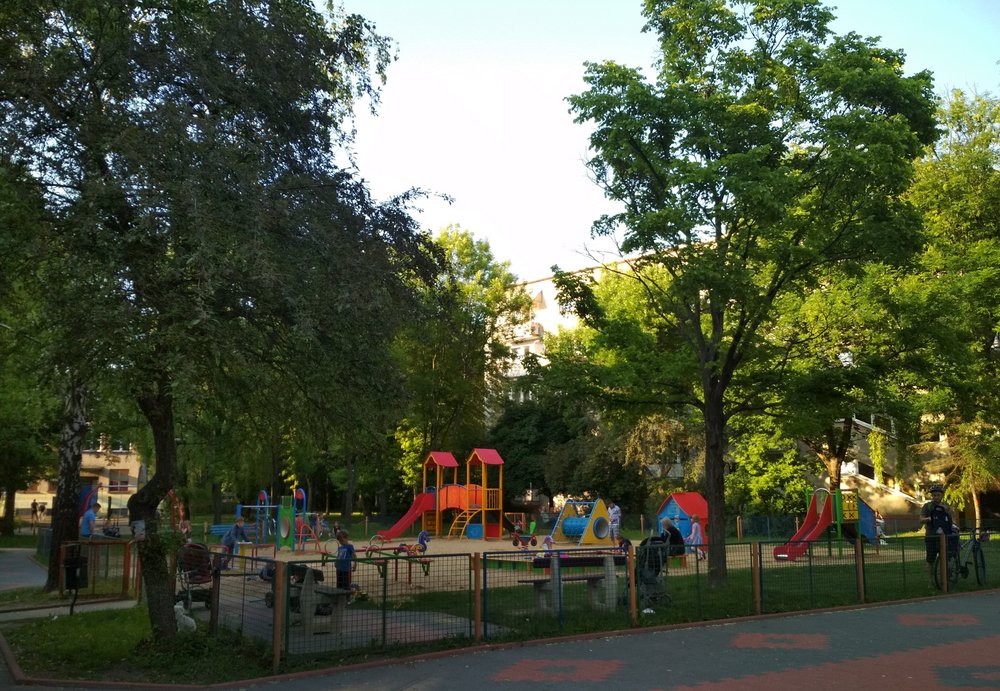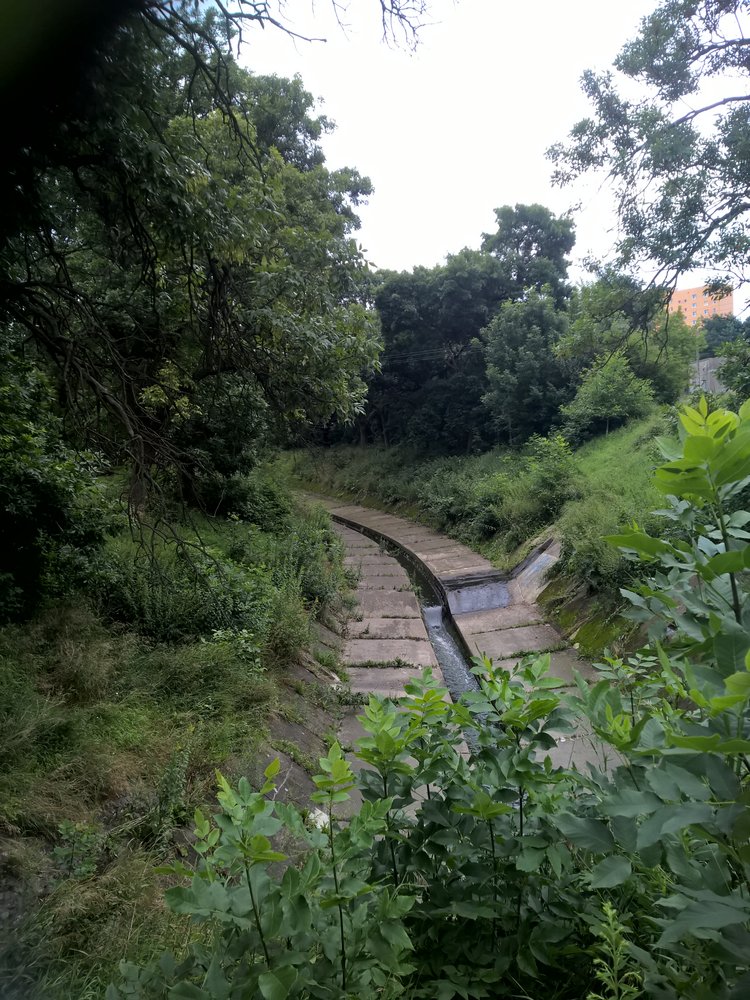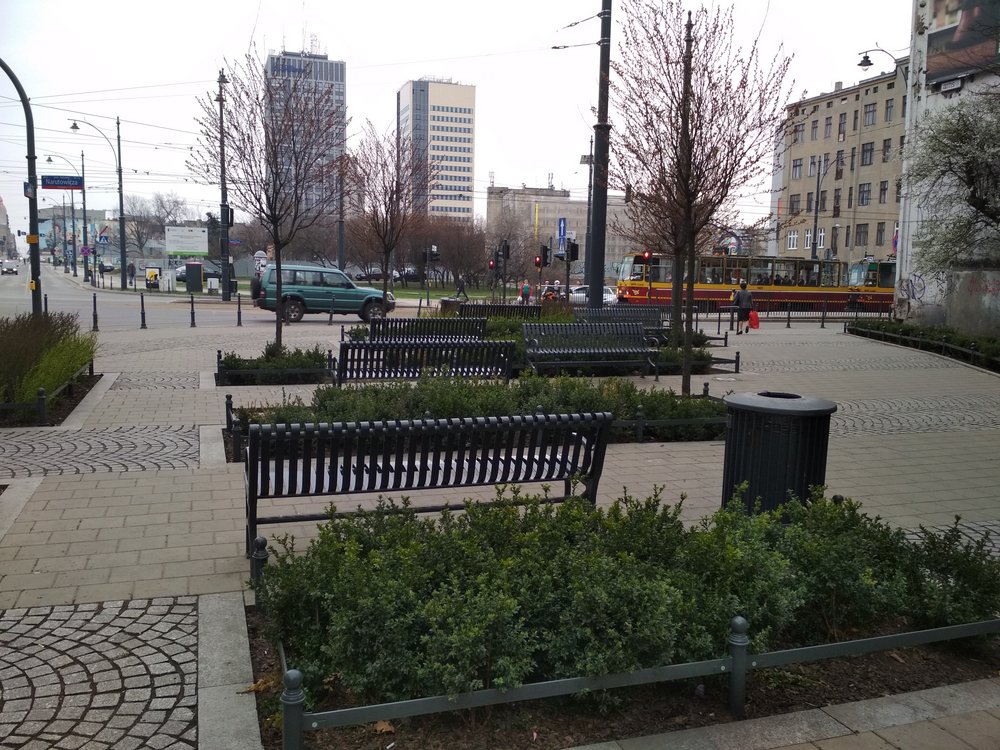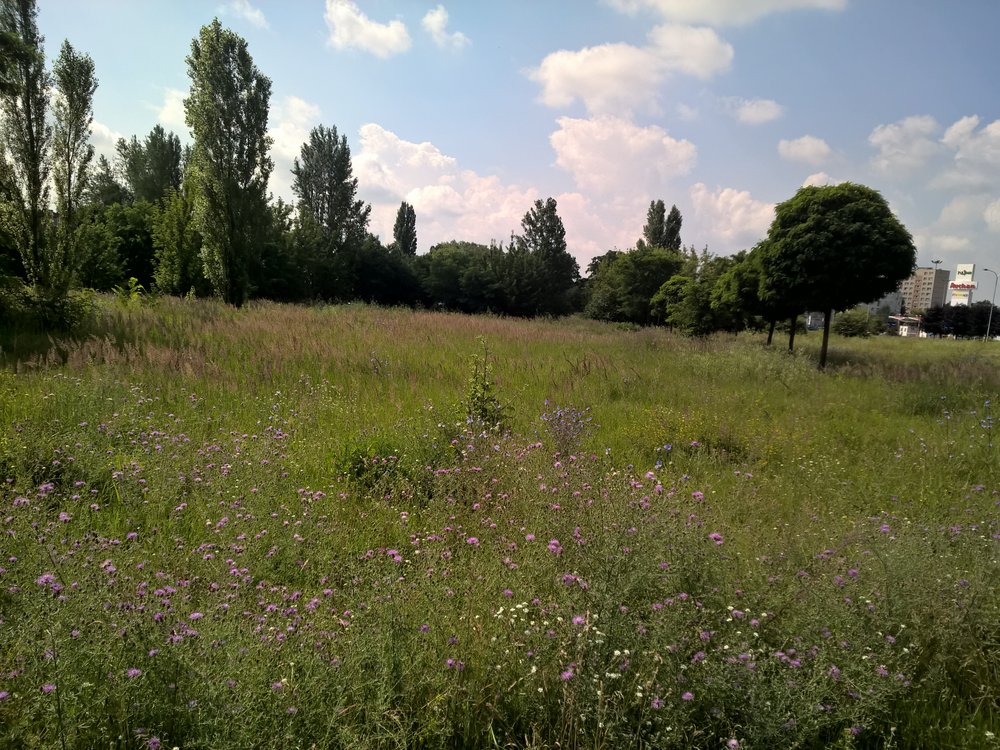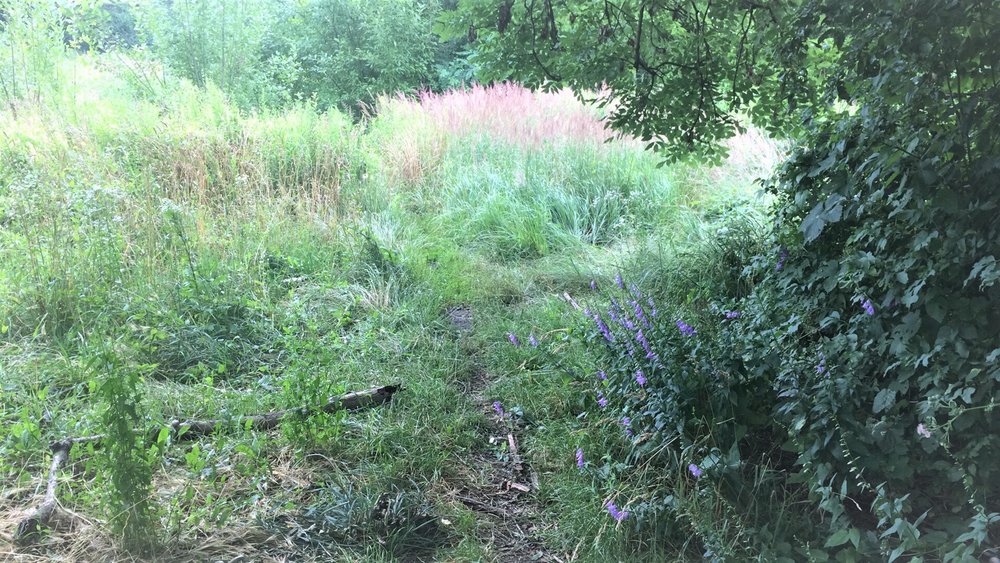The award was granted in recognition of the development of a comprehensive model for the operation and planning of the so-called blue and green infrastructure (including greenery and water in cities, green areas, water reservoirs, green roofs, rain gardens) to unleash its full potential.
Members of the ENABLE team have also developed new analytical tools to assess the effects of blue and green infrastructure. The research contributes to securing biodiversity in dynamic, human-dominated social-ecological systems in cities and metropolitan areas.
Better understanding of the conditions under which different types and elements of blue and green infrastructure bring numerous interrelated benefits, as well as the way how they are perceived by various groups of beneficiaries, will enable an increase in the scale of good practices and efficient implementation of nature-based solutions projects.
says prof. Jakub Kronenberg from the Sub-department of Analysis of Socio-Ecological Systems, University of Lodz
Scientists from the University of Lodz: Blue and green infrastructure as a response to climate change
Blue and green infrastructure is a system of interconnected elements of green and water elements, consciously planned to enhance the benefits that nature offers us. Most frequently we talk about blue and green infrastructure in cities; however, as part of the ENABLE project it was analysed in the context of the relationship between the city and its suburban surroundings.
The infrastructure includes elements that allow for efficient water management – e.g., rainwater. The elements of blue and green infrastructure include, among others:
- reservoirs and retention ponds,
- infiltration basins,
- moguls and ditches,
- rain gardens.
In the era of climate change, we are more and more often faced with extreme weather events such as droughts and floods. It is also influenced by the density of buildings and excessive sealing of permeable surfaces and biologically active areas, which results in both a shortage and excess of water. Therefore, the development of blue and green infrastructure is the future of cities and towns in adapting to climate change.
How have the University of Lodz scientists studied blue and green infrastructure?
The team implementing the ENABLE project in Lodz has investigated, in particular, the barriers to accessibility and attractiveness of blue and green infrastructure. The researchers have also analysed access to green spaces in Lodz from an environmental justice perspective. They have looked at the availability of blue and green infrastructure for specific marginalized social groups – especially people in the crisis of homelessness, children and the elderly, as well as people dependent on social benefits. At the same time, the perspective of selected urban phenomena, such as uncontrolled urban development, has been taken into account.
Researchers from the University of Lodz used their knowledge of spatial econometrics to propose innovative approaches to environmental justice research. They took into account access of entire social groups to cultural and regulatory ecosystem services (attachment to place and noise mitigation). They also combined environmental justice and market valuation of the environment (the so-called hedonic valuation).
By the end of the project, the ENABLE project team from Lodz had published 25 articles in international scientific journals. Subsequent articles are being prepared, and a doctoral thesis based on research carried out under ENABLE is also being finished.
ENABLE – inter- and transdisciplinary research
The ENABLE project, the full name of which is: Enabling Green and Blue Infrastructure Potential in Complex Social-Ecological Regions, was implemented over the years 2016 -2019 by 11 scientific institutions.
The research conducted as part of the project was inter- or even transdisciplinary in nature. The research carried out at the Faculty of Economics and Sociology of the University of Lodz concerned, among others, issues in the field of economics and finance (a new interpretation of the concept of luxury goods in the context of non-market goods, innovative research in the field of spatial econometrics, including its combination with the analysis of social segregation, as well as research on environmental justice), as well as socio-economic geography and spatial economy (planning blue and green infrastructure in cities, informal green areas, new proposals for spatial analyses), and biological sciences (development of methodological and systemic solutions for spatial planning of the city of the future based on blue and green infrastructure).
In total, 11 scientific institutions actively working for sustainable development were involved in the implementation of the ENABLE project:
- University of Lodz,
- European Regional Centre for Ecohydrology of the Polish Academy of Sciences,
- Stockholm Resilience Centre, Sweden (the project leader),
- International Union for Conservation of Nature, Belgium,
- Humboldt-Universität zu Berlin, Germany
- Ecologic Institute, Germany
- ICLEI, Germany,
- Autonomous University of Barcelona, Spain
- Norwegian Institute for Nature Research (NINA), Norway
- Erasmus University Rotterdam, the Netherlands
- The New School, the U.S
BiodivERsA is a programme that funds basic research on broadly understood sustainable development, with an emphasis on biodiversity and ecosystem services. National units financing basic research, including the National Science Centre, which subsidize selected projects, participate in it. Additional funding comes from the H2020 programme. The BiodivERsA programme places emphasis on promoting international cooperation for the highest quality research in this area.
We encourage you to check the information in the UL Employee Knowledge Database, including news about calls for grant competitions, as well as the guide on projects implementation and management.
Source: prof. Jakub Kronenberg, NCN, biodiversa.org
